Arthur Labinjo-Hughes: Concerns about bruises not taken seriously enough
- Published
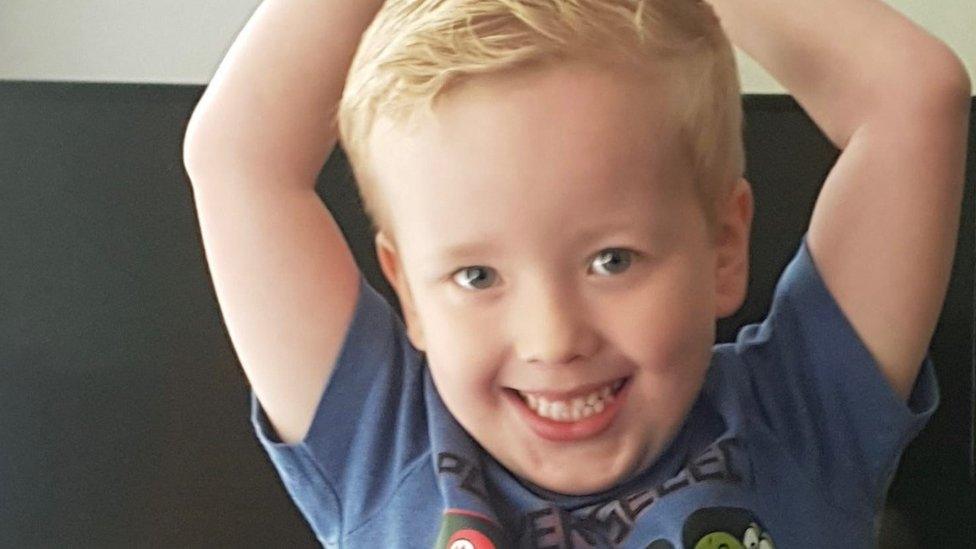
Arthur Labinjo-Hughes's death sparked outrage across the country and the government launched a national review to try to protect other children
A failure by police and social workers to fully investigate bruises on murdered schoolboy Arthur Labinjo-Hughes was a "pivotal" moment to save him, a review has found.
The six-year-old died at his step-mother's home in Solihull in June 2020.
Emma Tustin was jailed for murder and Arthur's father Thomas Hughes for manslaughter.
Arthur's cousin Bernie Dixon has called for social workers to wear bodycams to help prevent similar mistakes.
A national review into his death and that of 16-month-old Star Hobson published on Thursday found families' concerns about the children were disregarded and not taken seriously enough.
Warning - this article contains distressing content
In the case of Arthur, the review said his wider family had "contacted every agency they could think of", some several times, but "their voice was not heard".
Tustin and Hughes's trial heard that after his death, 130 bruises were found on the six-year-old's body.
The jury was told the abuse did not stop there, with Arthur subjected to salt poisoning, deprived of food and drink and made to stand alone for hours on end.
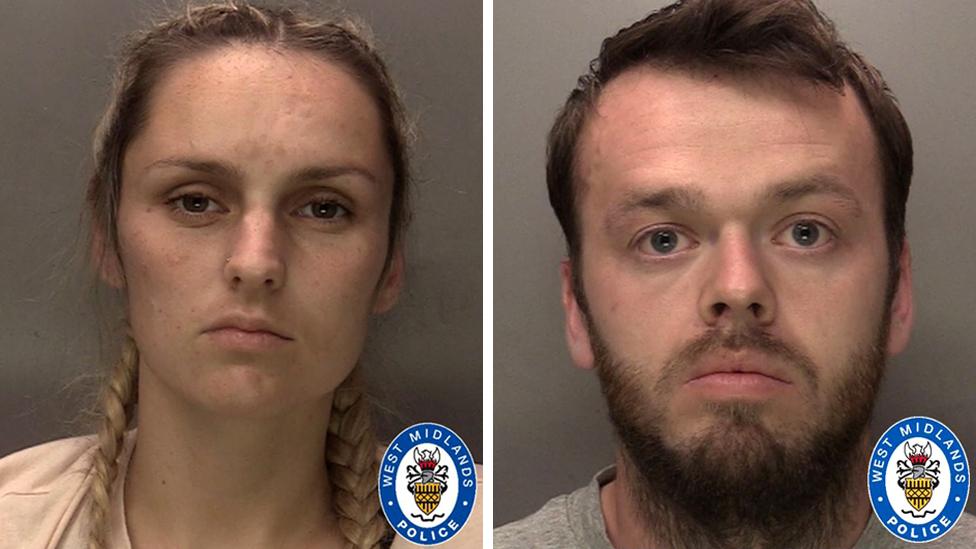
Emma Tustin and Thomas Hughes were jailed after subjecting Arthur to months of abuse
When his grandparents voiced growing concerns about bruising on 16 April 2020, police denied a request to carry out a welfare check later the same day.
An officer had visited the home during a missing persons inquiry the day before and said there were no safeguarding concerns, describing Hughes as "a caring father".
Bruises faded
When Arthur's grandmother challenged this, social workers were sent, but also decided there were no concerns.
Photos of bruising on Arthur's back taken by his grandmother and emailed to police were not passed on to the Solihull Multi-Agency Safeguarding Hub and, by the time those social workers visited, they had faded and were ultimately put down to a "play fight".
The national review set up by The Child Safeguarding Practice Review Panel said the allegations should have prompted a strategy discussion and advice from health professionals.
Instead, amid "a systemic flaw", the case was closed to children's social care and the home visit in mid-April was the last time social workers saw Arthur alive.
He suffered an unsurvivable brain injury while in the care of his stepmother on 16 June.
The cousin of Arthur Labinjo-Hughes says blaming mistakes for his death is "not enough"
The national review said the "extraordinarily harrowing video footage and images" of both Arthur and Star during the final weeks and days of their lives "no doubt contributed to questions being asked about how well children are protected in England".
Arthur's final days were captured on CCTV installed in the living room, where he was forced to sleep.
Set up to catch him "misbehaving", rather it captured his suffering.
Victim and perpetrator
Social workers, police officers, Arthur's school and medical staff were all involved in his case, but the national panel said there was "superficial joint working" which had "significant consequences".
Tustin had been known to children's social care and the police amid concerns of her as both a victim and perpetrator of domestic abuse.
However, the review said the risks to Arthur of moving in to live with her were never properly considered.
Instead, the report found the role of women in carrying out abuse may have had an impact on how professionals saw the risk to children, "given societal beliefs about women as care-givers".
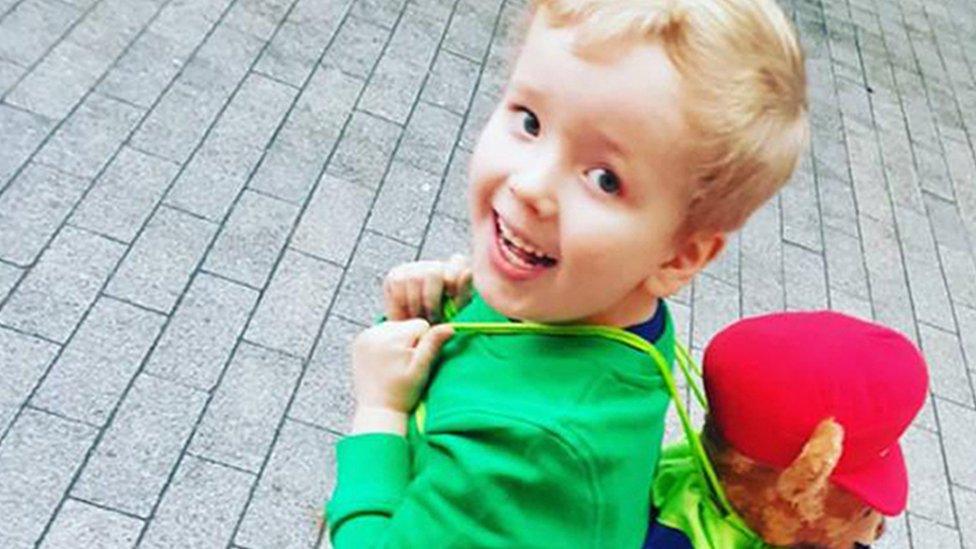
Social workers and police saw Arthur Labinjo-Hughes before his death and decided there were no safeguarding concerns
Too often, the report said, assessments also relied on his father's perspective and did not hear Arthur's voice or the views of his extended family.
Hughes was seen from 2019 as a protective father, but when circumstances changed the view was "never subsequently challenged".
Several recommendations have been made for safeguarding staff in Solihull including making sure future assessments get information from wider family members.
The Department for Education said it would make sure the Improving Outcomes for Children in Solihull board involves them.
Arthur's cousin Ms Dixon said she appreciated the ideas from the report but was concerned about how long they would take to be brought in.
"I am worried about the training and the setting up of the system and how many children are at risk while we wait for that," she said.
She repeated her backing for a petition calling for social workers to wear body-worn cameras "because they could put them on from this morning".
Helen Westerman, from children's charity the NSPCC, said the review "finally gives Arthur a voice" and it needed to be a catalyst for "fundamental changes".
Solihull Council said the panel of national experts had "shone a light" on its services, and had given it "some really important areas to sort out".
The council's chief executive Nick Page said: "Within this they've also seen that our independently-led improvement panel is doing the right thing by bringing all those different people together who have to safeguard and protect our children in Solihull.
"There's lots of do," he added.
The Independent Office for Police Conduct has investigated the actions by West Midlands Police before Arthur's death and is reviewing its findings.
The force said the report by the panel "makes a number of important local and national recommendations that will help police and partners to work more effectively together".
It stated it would continue to work with its partners to act on these recommendations, "building on the progress we have already made to improve safeguarding for children across the West Midlands".
Assistant Chief Constable Claire Bell said this included investing additional resources into child safeguarding in Solihull and improving the quality and management of information on the force records management system.
"We know there is still more to do and we are determined to work collectively with partners to act upon the panel's recommendations and make the changes needed to better safeguard children in the future," she said.

Follow BBC West Midlands on Facebook, external, Twitter, external and Instagram, external. Send your story ideas to: newsonline.westmidlands@bbc.co.uk , external
- Published5 May 2022
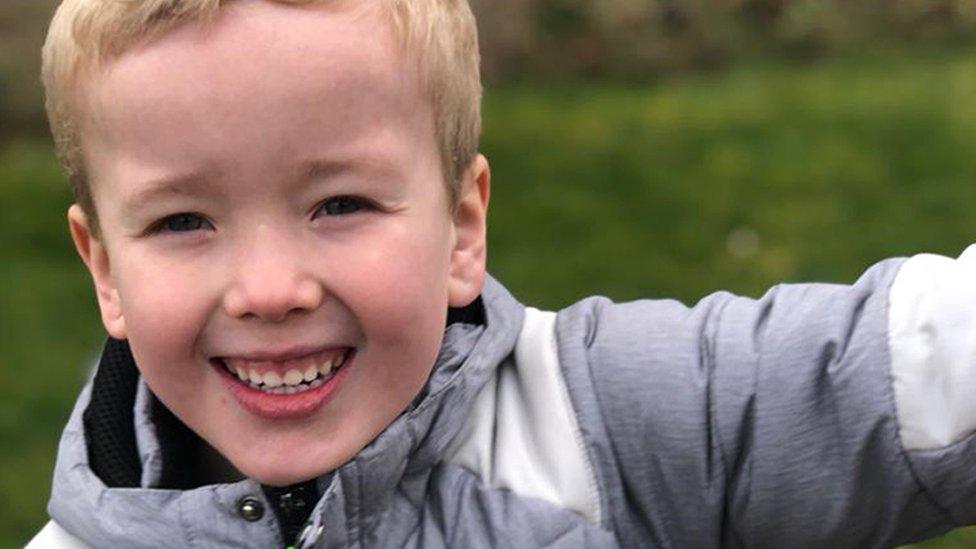
- Published6 December 2021
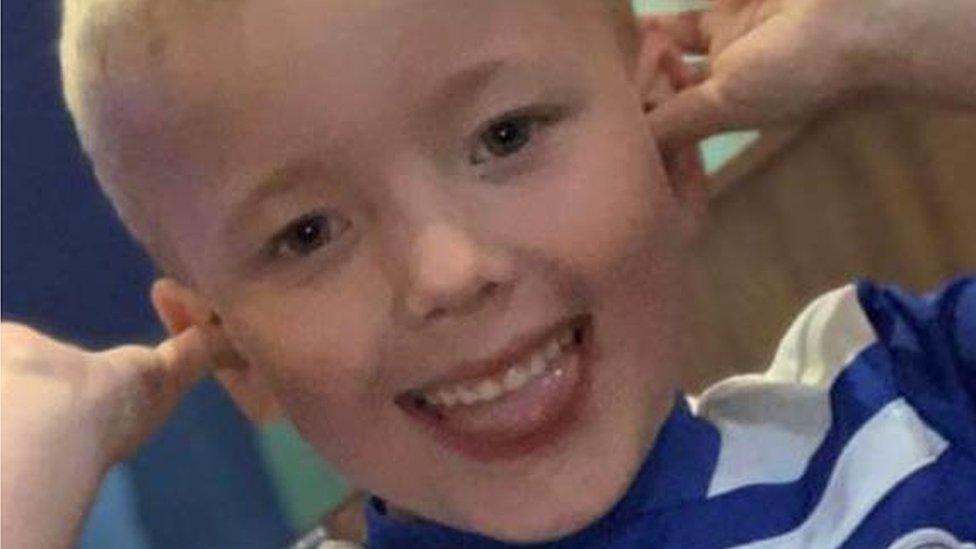
- Published6 December 2021

- Published5 December 2021
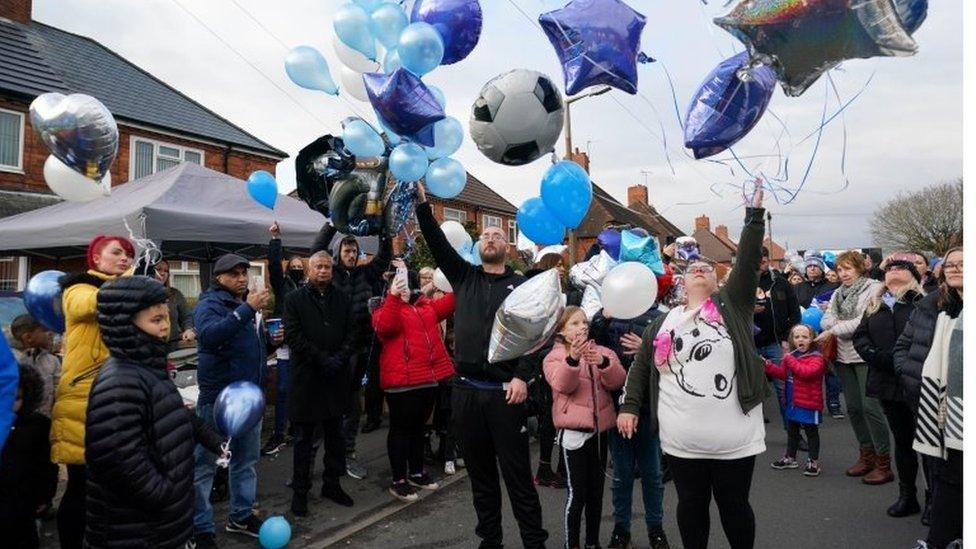
- Published5 December 2021
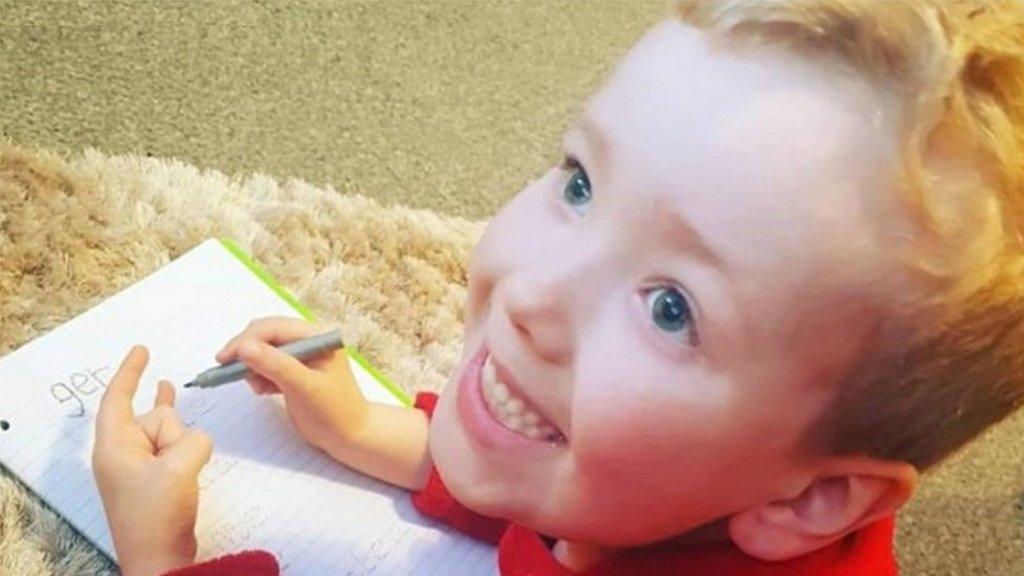
- Published4 December 2021
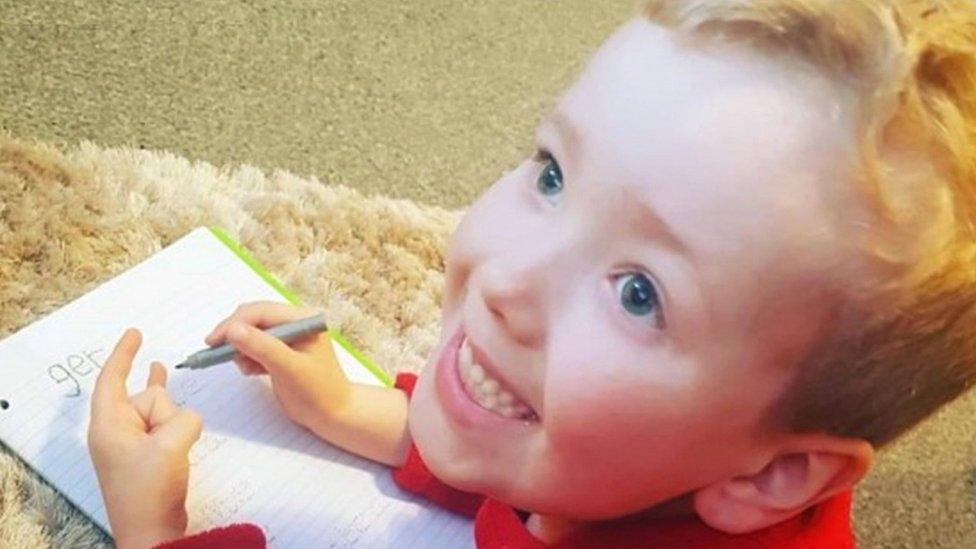
- Published3 December 2021
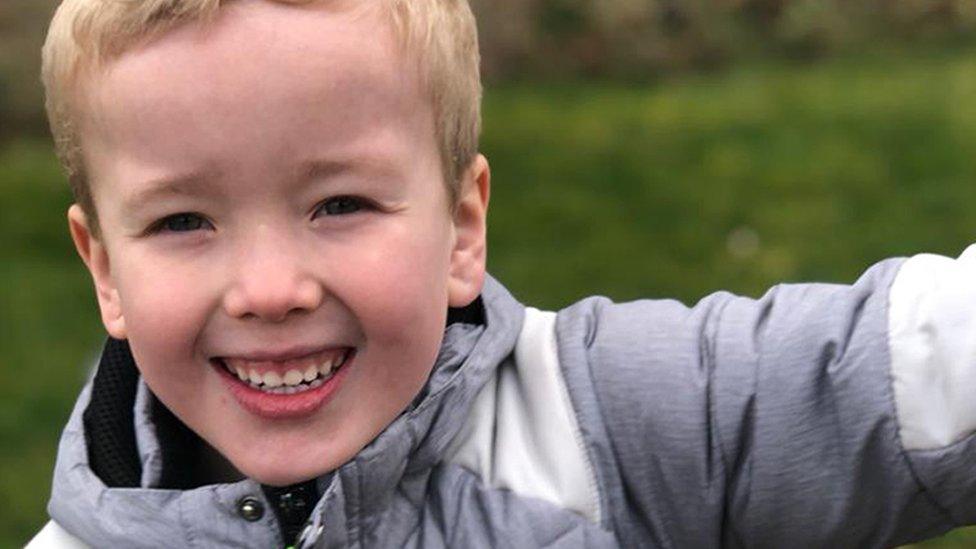
- Published2 December 2021
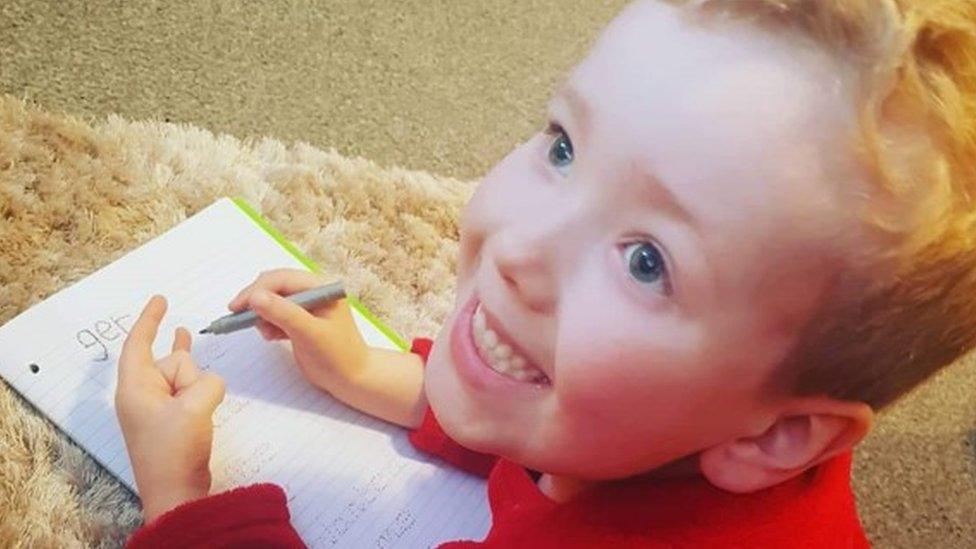
- Published2 December 2021
